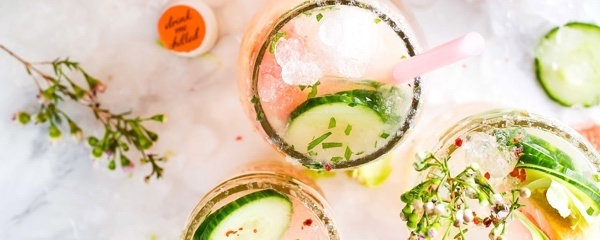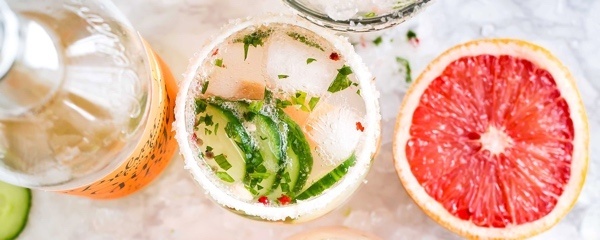Research into the potential health benefits of moderate alcohol consumption on the body can seem to change with the seasons. But, the known risks, including negative interactions with medications, are well documented.
Is it bad for a person with lupus to drink alcohol? Unfortunately, the answer to that question is not so straightforward. Research into lifestyle factors, like consumption habits, is challenging to conduct and to interpret. It relies on:
- Accurate self reports
- These types of self reports are known to be inaccurate, particularly at higher levels of alcohol consumption
- Large participant cohorts
- It is unethical to make particular groups of participants consume alcohol. Because of this, correlational study designs are used.
- Causation can not be determined from correlational studies
- Standardization of lupus disease activity
- Current measures of lupus disease activity rely on clinician assessment, which can add variability to comparisons
Despite these complications, there have been a number of studies on the impact of alcohol on lupus. Most of the studies focused on whether or not drinking increases the risk of developing lupus. It does not appear that this is the case. A 2008 meta-analysis even concluded that “moderate drinking might be protective” for the development of SLE.
A prospective 2017 study found similar results. In the study, 204,055 women shared health information for over 22 years (in two different groups). The researchers found an inverse correlation between moderate drinking and SLE risk. In this study, the average was half a drink per day.




I have lupus and kidney failure even when I was younger I took a drink but I drink regularly and I don’t drink now but I do have kidney failure.
Hi Siera,
Thanks for sharing and being part of the community. Hope all is well!
There are some other articles on LupusCorner about kidney involvement — please let me know if there are other topics that would be beneficial 🙂
-Brett
Before becoming sick with Lupus, I was able to drink two glasses of wine without a problem, but nowadays I feel sick when I only consume half a glass. So I avoid alcohol now.
Before my diagnosis, I would partake in a glass of wine nightly to aide with relaxation for sleep. Since being diagnosed with lupus, R.A and Hashimoto’s, I have found that drinking causes IMMEDIATE swelling and stiffness. Not sure why…you would assume the opposite. Has anyone else had this type of body response from consuming even one glass of wine?
yes,I do have that problem..
Since my lupus diagnosis at first I didn’t drink at all until my 18th birthday and what I do when I drink is not take my medication for that night to ensure that I dont have no complications. The next day I drink lots of water in the morning to also help no cause no effects when I take my morning medications. Therefore I do drink every once in a while for I never had no complications.